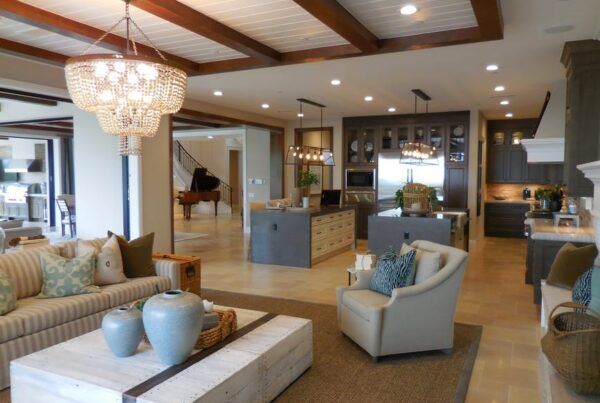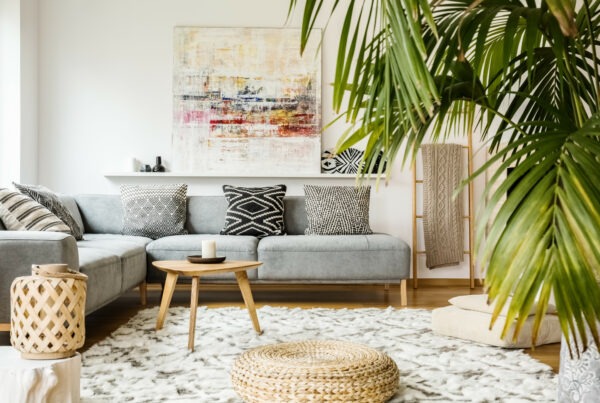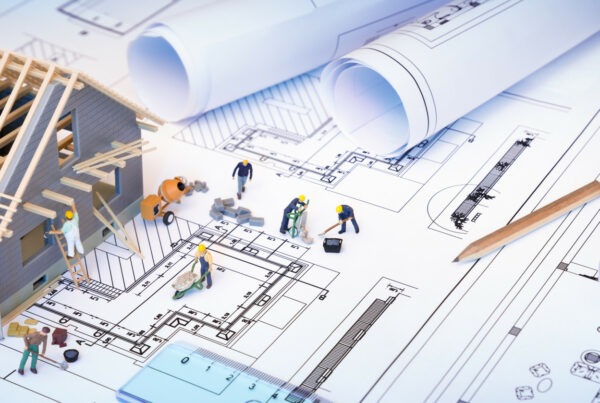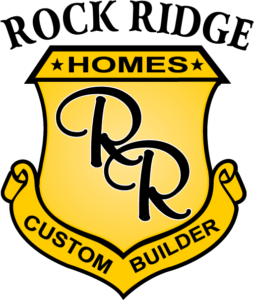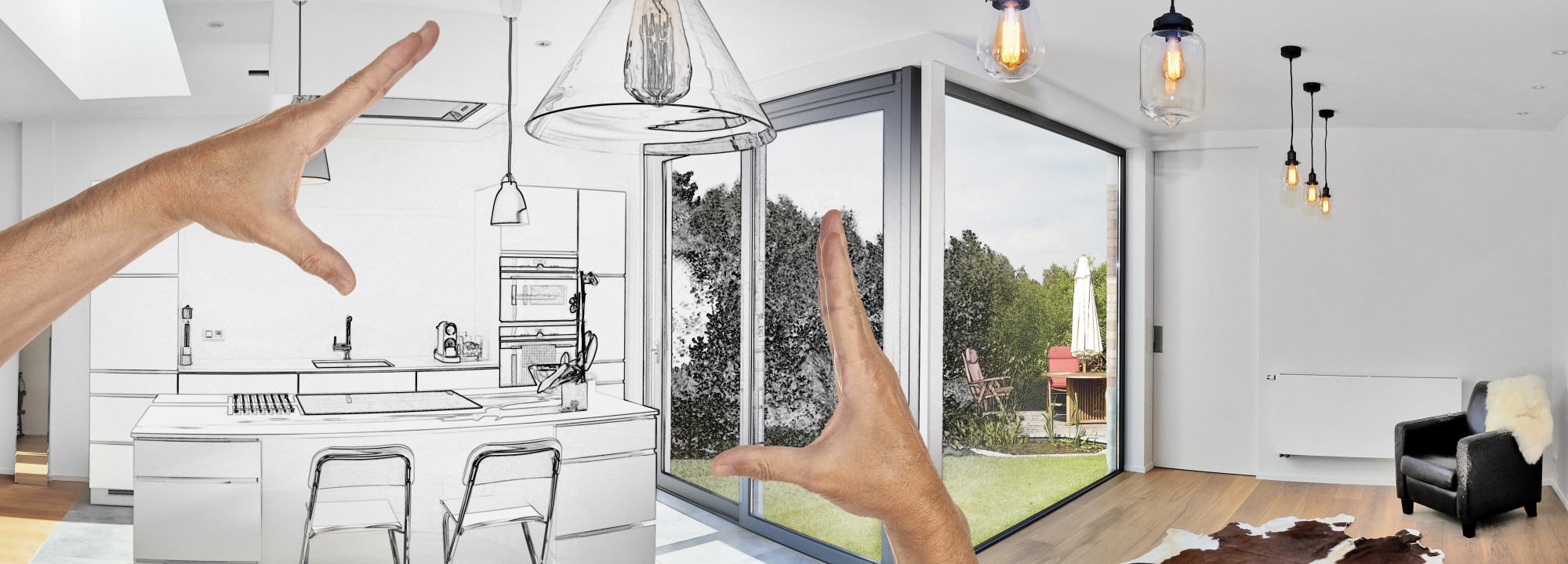
Are you unsure as to whether you would like a custom or modular home? Well, you don’t have to be. That’s why we’re here to help.
In essence, customs homes can be modular homes, and modular homes can be pre-fabricated. However, you are most likely interested in the difference between a site-built home and a pre-fabricated modular home.
In this article, we will cover what a modular home is, what a site-built home is. As well as their differences, advantages, and disadvantages.
So whenever you’re ready to make your future decision-making easier, keep reading.
Modular Home: What Is It?
Modular homes can often look identical to regular homes. Once hardly tell the differences by simply looking. However, modular houses are built very differently from site-built ones.
For instance, a modular home is built section by section at some factory site. The prefabricated components are transported to the final location, joined together, and installed.
Modular homes are usually built in compliance with all regional, state, and local building codes, irrespective of location.
Local building inspectors make sure that modular home structures are compliant at all times, and that they are completed appropriately.
In comparison to a regular home, modular homes are very affordable with their per square feet fees. In general, a well-built modular building can have an equal lifespan as its traditional opponent.
However, modular homes can easily be transported to other locations. This is extremely useful for people who don’t want to permanently buy into the land.
The assembly and disassembly features of prefabricated homes are quite advanced, so it’s not even remotely difficult to relocate.
Site-Built Custom Homes: What Are They?
As the name suggests, site-built home is made on the location, where it will stand permanently after completion. Building on-site is a traditional and time-tested way of building homes. It’s the most common approach to construction.
A site-built home usually takes some months or even years to complete. This is because the material required for the build has to be transported and then fitted to complete the build.
Wood for door frames and windows, bricks and cement for walls, pipes for plumbing, other furnishing materials are not easily delivered.
Buying exact materials for building measurements and then delivering them to the site increased the overall cost of the home.
At the time of construction, everything is left on-site, leaving materials open for theft and elemental exposure. Also, the home interior is exposed to elemental conditions until the walls, roof, and windows have been made.
These homes are subject to local and state building codes to ensure safety before they can be lived in. This takes even more time and money.
Custom Homes vs Modular Homes
Unlike custom traditional homes, modular houses are built in climate-controlled environments. Thus, eliminating elemental variables that can affect the cost and quality of the home.
Modular homes are eco-friendly, unlike most custom homes. Due to assembly efficiency, modular homes require less wastage of raw construction materials.
If you’re looking for energy-efficiency, modular homes tick the box off as well. Modular houses follow strict industry mandates for building and insulation.
Modular homes are also built in a factory environment which reduces the risk of material theft and on-site damage. On-site threats are known to lead to budget overloads.
Tradesmen, carpenters, craftsmen have permanent employment in factories; this means there are no time constraints and quality issues that could come from a skilled labor shortage.
Modular homes often make use of extra screws, lumber, steel strapping, adhesive to ensure structural integrity at the time of assembly and transportation. Traditional homes don’t need this, but they can be less stable in return.
Modular Home Benefits
Section used to make modular homes are durable and strong. Prefabricated homes can withstand transportation loads and standard design requirements. A modular home can be built with a couple of months at the factory.
This is because the teamwork, repetition, and automation at the factory are enabled to greater efficiency. On-site assembly takes a couple of days.
Modular homes have the interior and exterior details precisely crafted. This ensures better safety, health, and quality of build at the factory.
Modular home acoustics are amazing because each section is built separately. IIn regular homes, sound propagates through the ceiling and walls. This issue is not a problem in a modular home because the modules are built in a way to restrict sound transfer.
In most cases, modular homes are less expensive than regular ones, even if they are custom. The cost of a modular home will vary based on design, location, customs requirements, and materials involved.
Custom Modular Home Disadvantages
Most modular homes need a frame construction out of timber. Some people consider brick homes to last longer than timber; however, it does depend based on maintenance and construction perfection.
Many brick manufacturers claim that their buildings last 100s of years. Wooden frame manufacturers claim the same. The problem with the wood building is that they need to be protected against water, fire, and maintained properly. That’s the only reason modular homes are “known” for a shorter lifespan.
However, concrete modular homes pretty much resolve that issue.
Some locations where you would like to build your home might be covenant governed, meaning you can only place brick homes on the property. These covenants can be found on housing estates. But some modular homes come with brick facades, which will only decrease the sustainability and increase the cost.
While modular homes can be densely and rapidly built, overpopulated urban locations can prove difficult for modular homes. That’s because modular homes are usually transported via lorry.
Narrow roads with low-hanging power make it hard for prefabricated parts to be transported. This delays the building process and raises the installation cost.
Modular homes are not compatible with high-end builds, since the features and materials might not be provided by some modular factory companies.
Custom Builds for You
Now that you know the difference between custom site-built and modular custom homes, you are well on your way to make an educated decision upon your next potential home.
As long as you consider all of the constituents for the process, research your local area and discuss all of the important factors with the company, you will be able to find an ideal modular home for your needs.
If you’re interested in discussing your next build or have some unanswered questions, get in touch with us, and we will happily accommodate your building needs.

